Sometimes we get an awful lot of information to process. On this, the last evening of the auspicious year of 2020, there’s a lot I could say about all that we’ve been through, more or less together (although certainly socially distanced) this year. So much of our attention has been, deservedly, focused on the COVID-19 pandemic: the health care emergency, its effects on our social, political, educational, and economic environments, and even its effects on our own lives: our health, our emotions, our psychological wellness, and, of course, our spiritual lives. That alone is a lot to process. But 2020 has produced a good list of other bad news, including:
- The wildfires in Australia in December and January which burned 47 million acres.
- Tensions between Iran and the United States in the early part of the year.
- Conflict between Syria and Turkey in March.
- The Harvey Weinstein verdict that fueled the “Me too” movement.
- The killing of George Floyd which brought to light other deaths including Trayvon Martin, Tamir Rice, Breonna Taylor, Jacob Blake, and others, spurring racial protests and social unrest.
- The global recession triggered by the pandemic which produced the Dow’s biggest one-day point drop ever in March, and which, throughout the year, has resulted in so many businesses closing and unemployment we haven’t seen in a very long time.
- The arrival of “murder hornets” in the United States. It was only a matter of time, unfortunately.
- A massive explosion at a port in Beirut which resulted in the death of some 190 people in August.
- Climate disruption brought catastrophic wildfires, a record number of tropical storms and hurricanes, and intense drought in many regions.
And I’m sure you could think of many others. Any way you look at it, it’s a lot to process.
Mary’s story had a lot to process too. Certainly the announcement of the birth of Jesus is one that she didn’t expect. Even though she was and is full of grace, that didn’t include omniscience, so the will of God had to be revealed to her. And when Gabriel did that, it spurred questions (“How can this be, since I have no relations with a man?”), but of course, ultimately and importantly, faith and acceptance: “Be it done unto me according to your word.” And that was just the beginning. Think about it:
- She had to explain all of this to Joseph, and to others who were not full of grace.
- Joseph will decide to let her go quietly in order to avoid embarrassment, until he too receives a visit from an angel in a dream.
- In today’s Gospel, shepherds arrive and tell her what they had been told about Jesus.
- Shortly, astrologers will arrive with mysterious gifts foreshadowing who Jesus was and what he would become.
- Again in a dream, Joseph receives a message from an angel about a plot to kill Jesus which causes them to flee to Egypt for protection.
- At the child’s presentation in the temple, a prophetess and a priest find the culmination of their spiritual lives in the birth of the child, and foretell a future of sorrow and of greatness.
Becoming a parent for the first time is hard enough, but add in all of that, and it’s an awful lot to process. Mary relied a lot on the grace she had been given, and on the strength of Joseph, and the protection of God, but still. She had a lot to ponder in her heart.
Here’s the thing. Every age is filled with all kinds of challenges; every life has a story that includes hard stuff. But every age and life is offered grace, and when that grace is accepted all of the craziness, all of the sadness, all of the horror and scandal can be transformed into glory. That happened in Mary’s life because of the Cross and Resurrection of her son, and it can happen to all of us too, by that same grace.
Mary’s reflection on the life of Jesus is really a model for us. Keeping those events close to her and reflecting on them later is her way of reflecting on the Word of God. She kept all these crazy events in her heart, and went back to them later in her life – even after the death and resurrection of Jesus – and came to a new understanding guided by the Holy Spirit. And thank God she did that. It’s probably her later reflection on those events that made the early Church Evangelist able to record them and pass them on to us.
We too, must reflect on the Word of God if we are to make sense of the craziness of our time and the story of our life. We have to put ourselves in the presence of The Story, story with a capital “S,” and ponder it in our hearts. If we’re confused by Scripture, we have Mary as our patron to help us reflect on that Word and come to understand it, guided as we are by the Holy Spirit. But we also have her encouragement to keep those Scriptures in the scrapbook of our hearts, to keep coming back to them. That’s the only way the Spirit can work on us and help us to come to new and more beautiful understandings of the Word of God, and in doing that, to come to a renewed and vibrant relationship with our Lord.
If we would make a resolution for this new year, let it be to follow Mary’s example. Maybe we could set aside some time on a regular basis – even if just once a week or five minutes in a day – to put ourselves in the presence of the Word of God. And not just here at Mass, although that’s a good start. But maybe in private prayer or even in an organized Bible Study – we have a few of them going on in our parish on a regular basis. If we regularly open ourselves up to the Word of God, maybe we too could come to new and more beautiful understandings of the Scriptures and understanding of our own lives, and a closer and more beautiful relationship with Jesus Christ, the Eternal Word of God.
Mary, mother of God the Word, help us to understand the Word as you did.
Pray for us, O holy Mother of God:
That we may be made worthy of the promises of Christ.
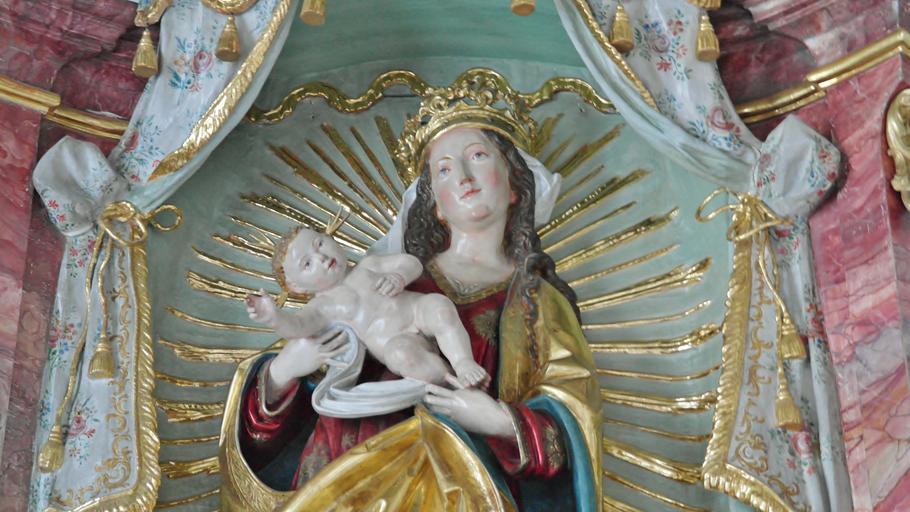
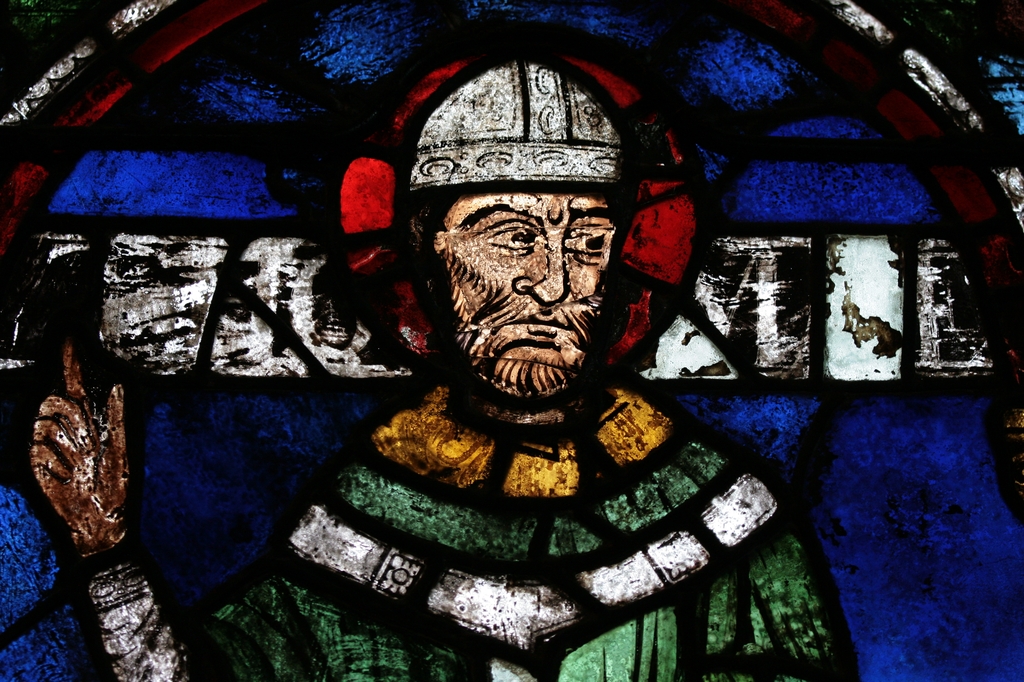
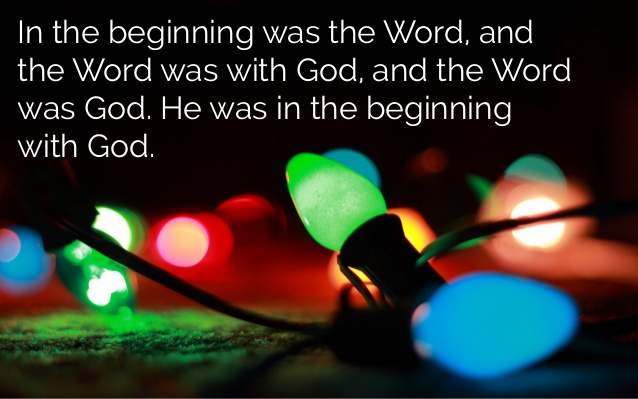
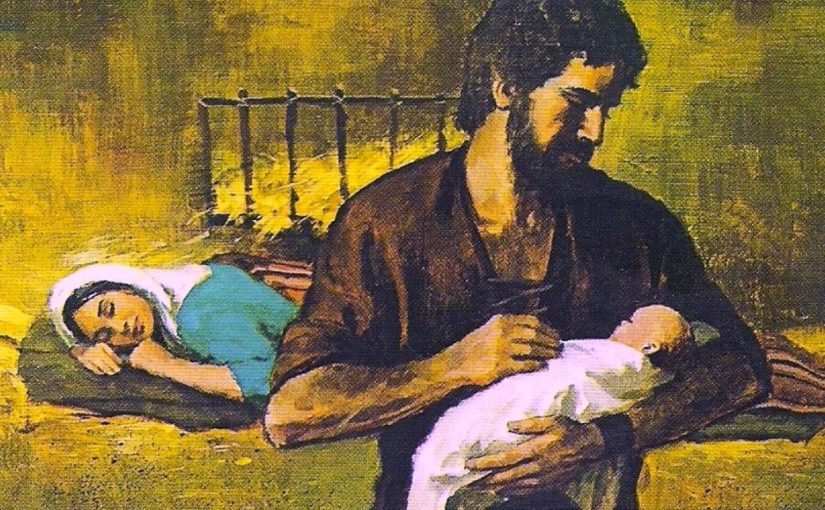
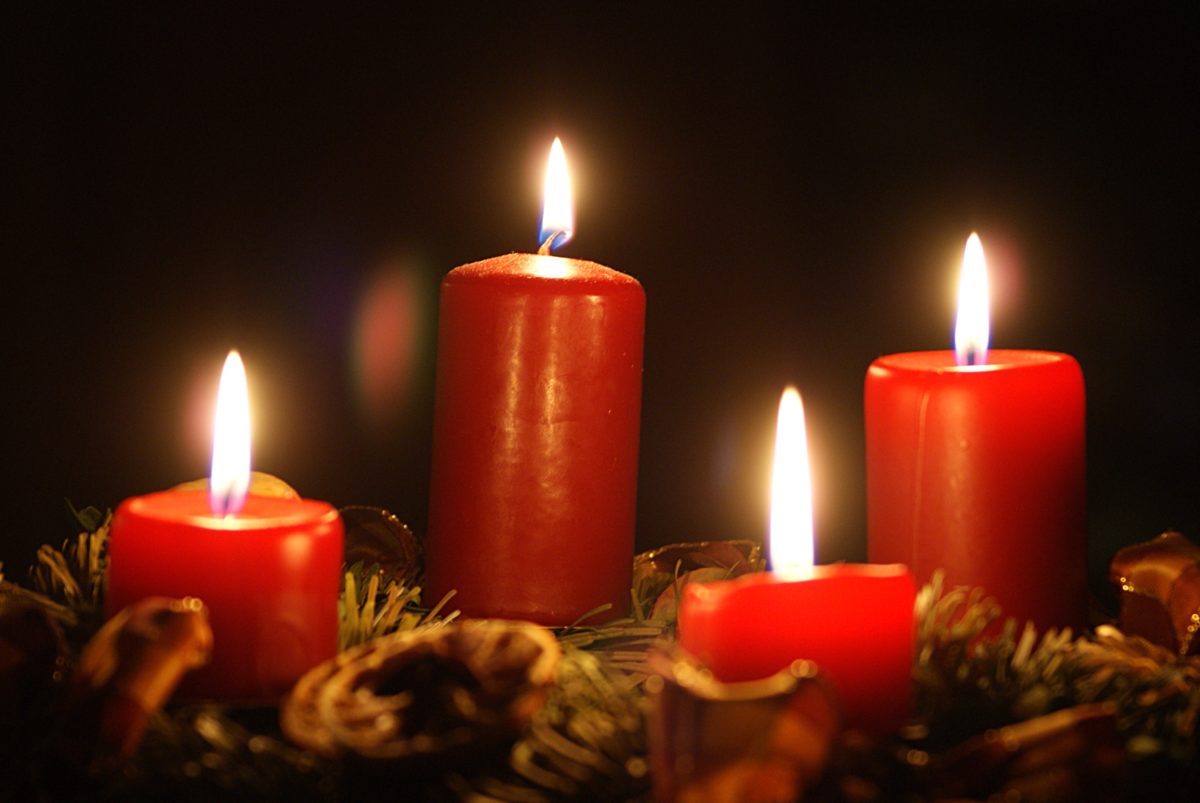
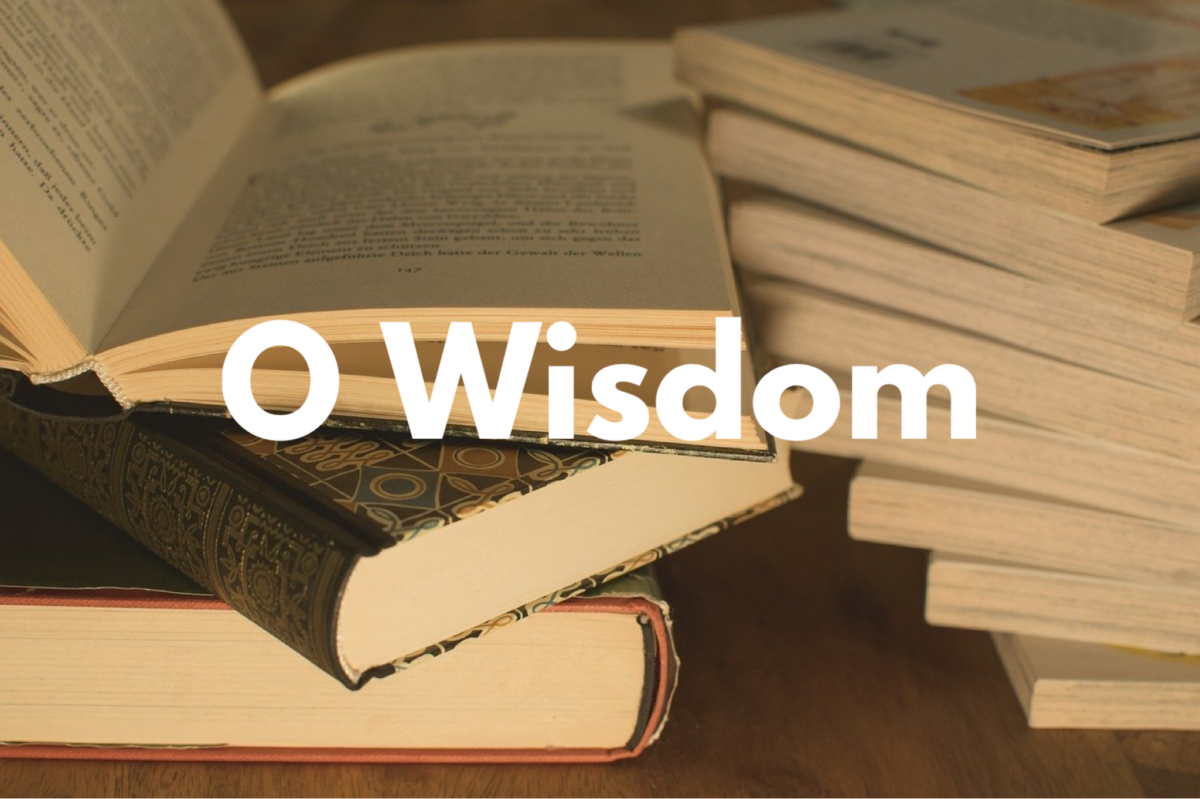

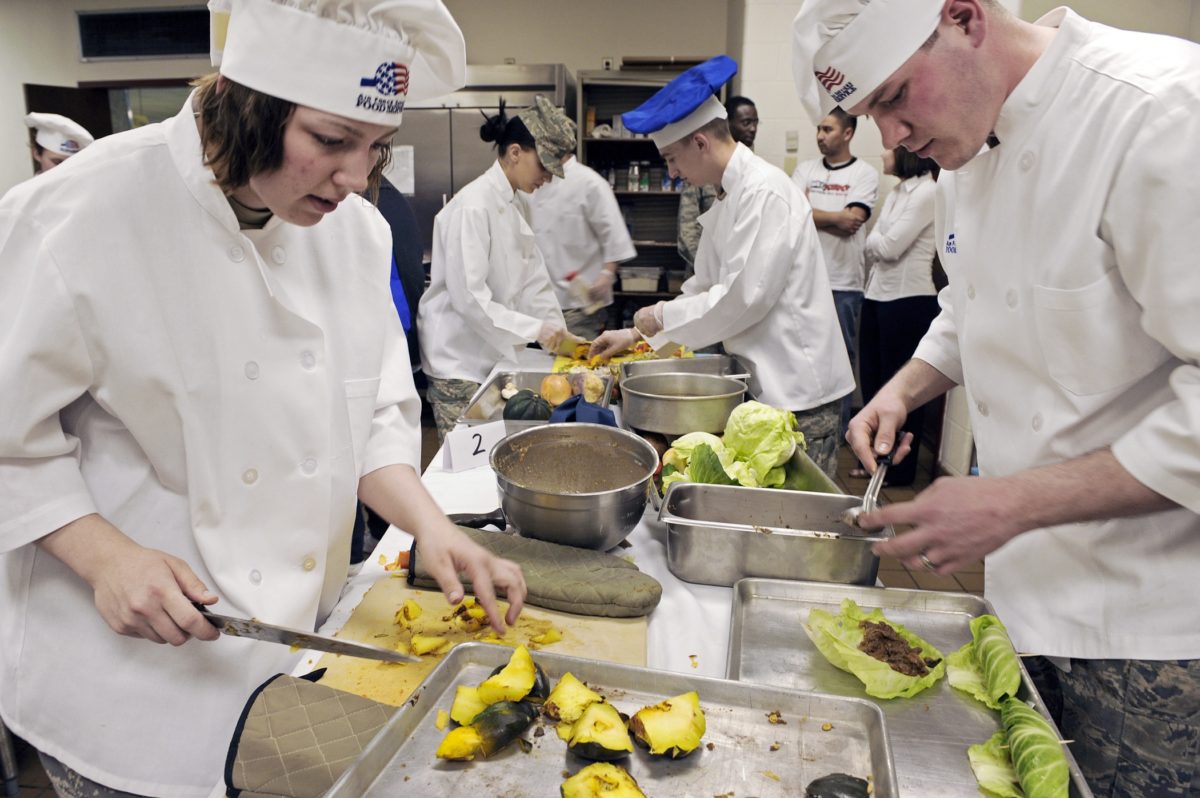
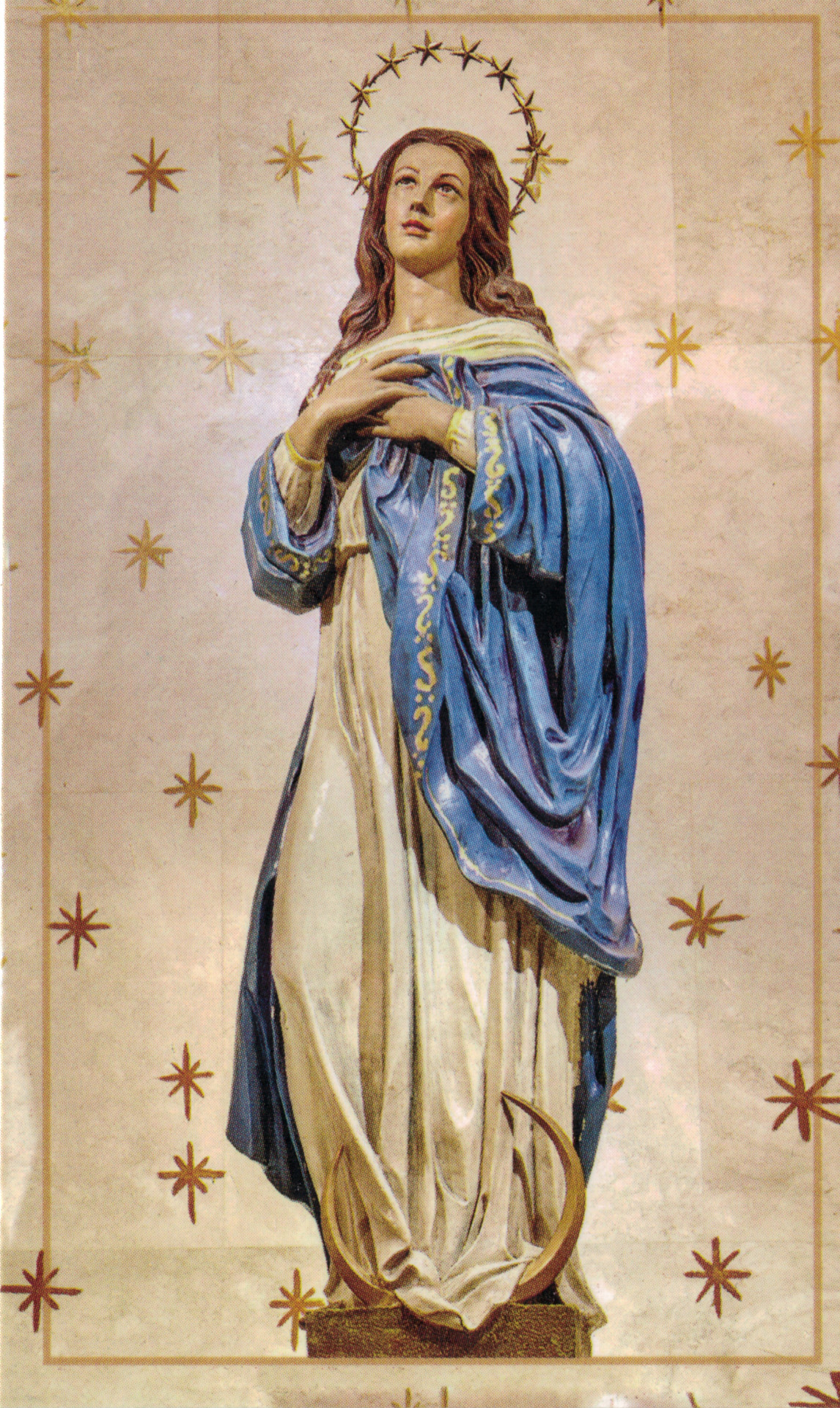
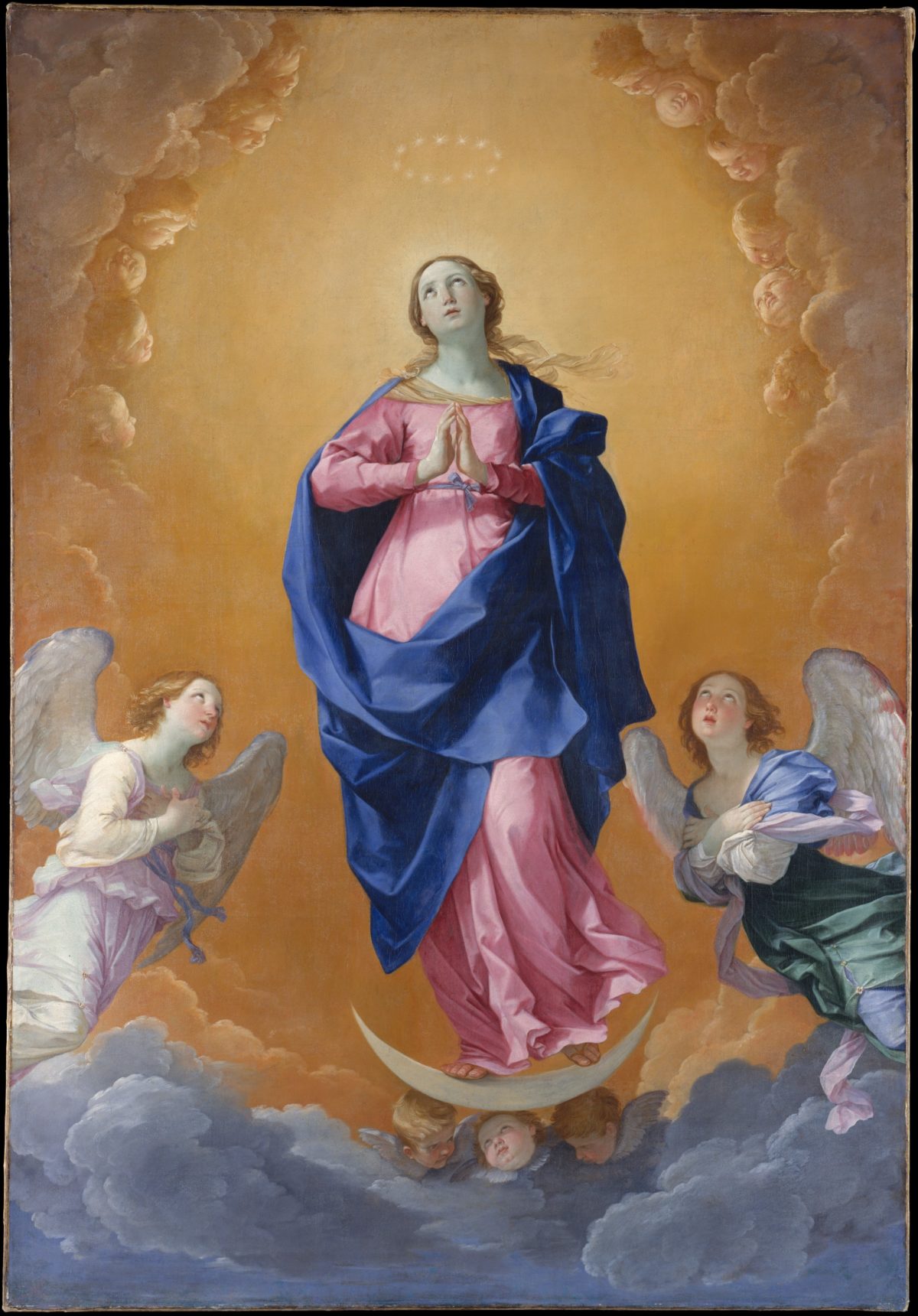
You must be logged in to post a comment.